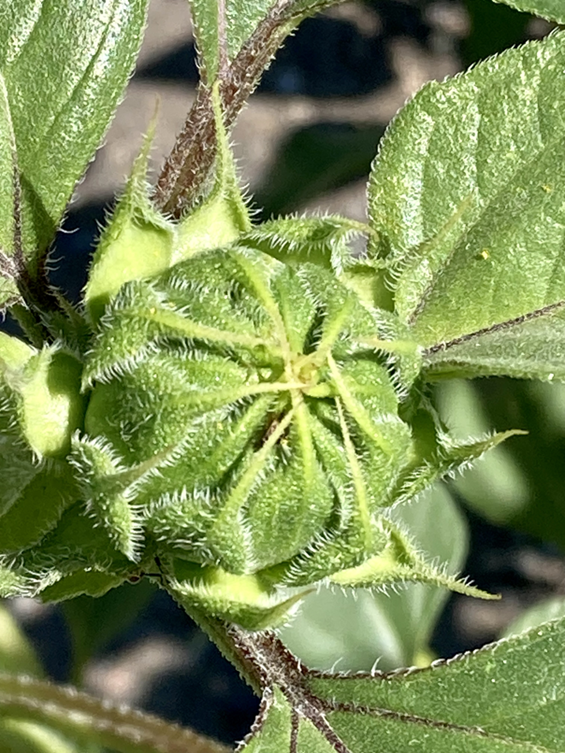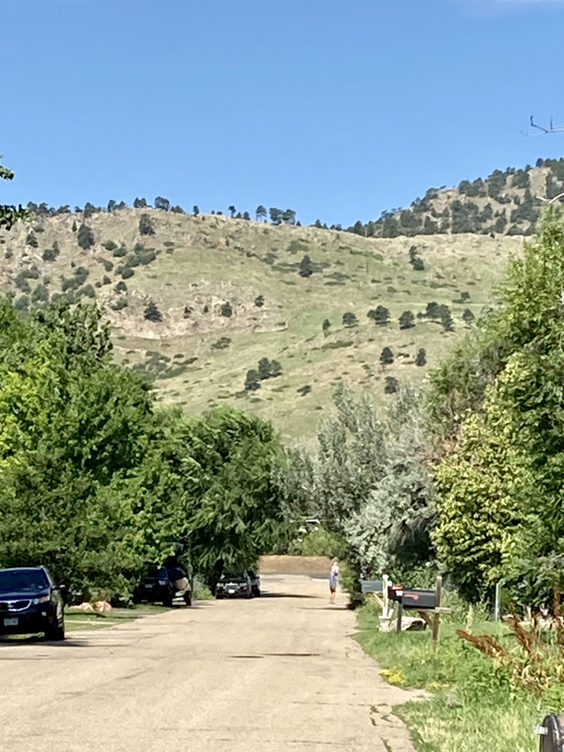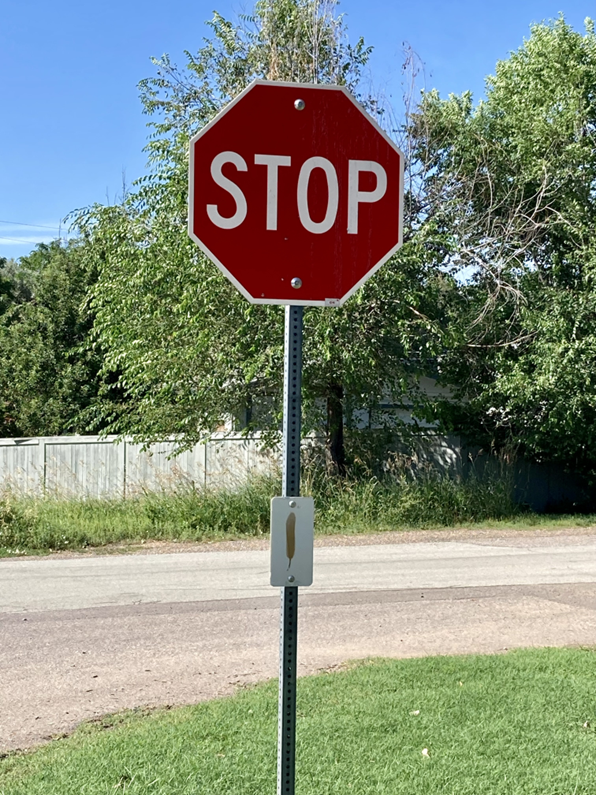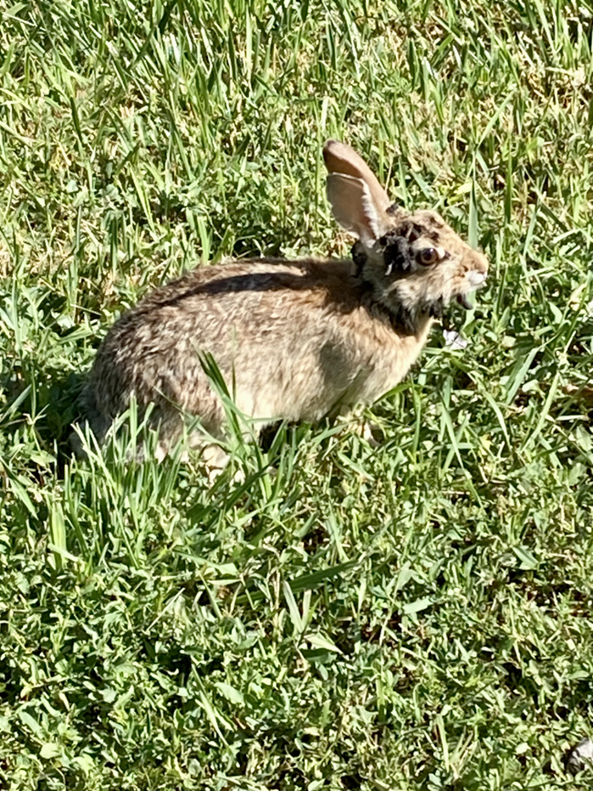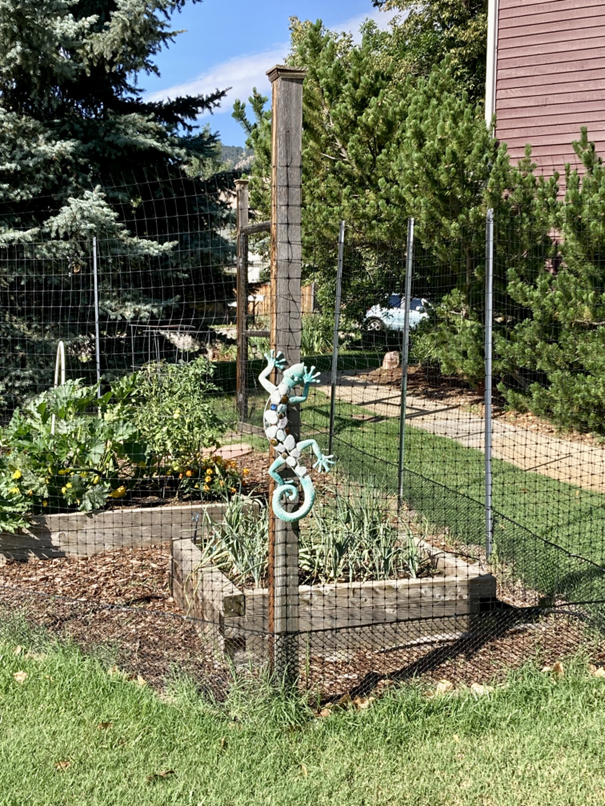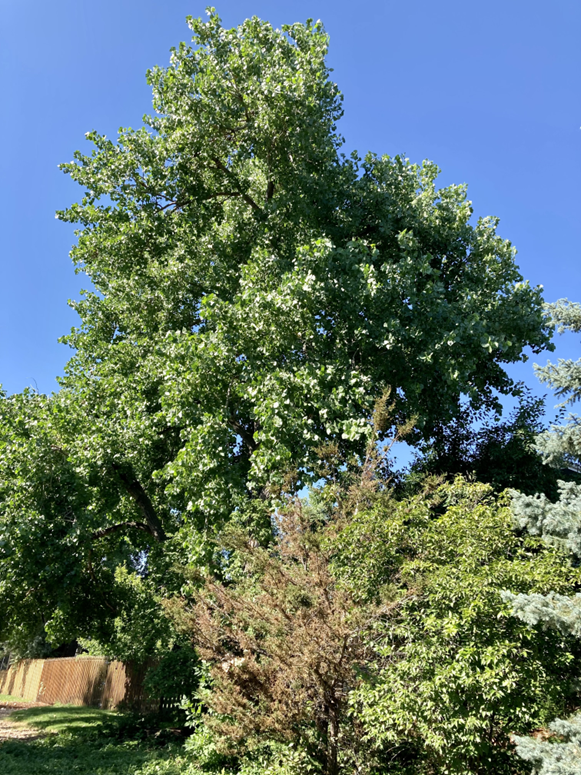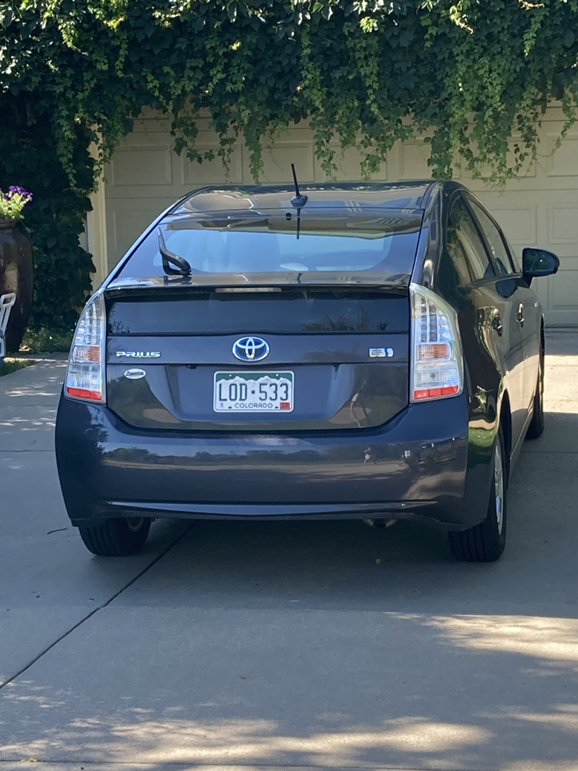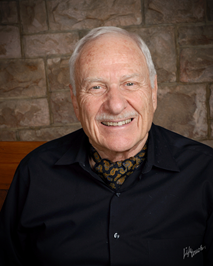- Home
- About
-
Books
- Wisdom for Living: learning to follow your inner guidance
- Terranautics 101: the basics for navigating an uncertain future
- Living in the Power Zone: How Right Use of Power Can Transform Your Relationships
- stories i remember: my pilgrimage to wisdom
- wising up: a youth guide to good living
- wisdom: daily reflections for a new era
- a world treasury of folk wisdom
- Blog
- Other Services
|
Well, to start with, I understand my people to be everybody, no exceptions. In fact, I am in accord with Indigenous Peoples like the North American Indians. When they say “All my relations” as they pass the pipe in a circle, they go beyond people to mean all the children of Mother Earth and Father Sky: the soil, the plants, the rivers, the oceans, the animals. I aim like them to make my family as wide and inclusive. Many U.S. citizens will use the term aliens in reference to undocumented migrants at our borders. I hope that otherworldly aliens are found to exist in my lifetime so that I can include them among my relations as well...
0 Comments
I love things that work. And as for things that don’t, well let’s just say I’m less than enamored of them. To accentuate the positive, I’ll begin with some of the things in my life that have proved successful. At the top of the list are surgeries, whether medical or dental. My very first one took place when I was a little kid, near the end of World War Two. Like a lot of my peer group back then, I suffered from frequent swollen glands and attacks of tonsillitis. It wasn’t until I had my tonsils and adenoids out that that pain in the neck in all its varieties went and stayed away. My next operations were not until many decades later, the first two of which took place at a Kaiser Medical Center in downtown Honolulu...
We all live in circles. They are our personal environments—what the Germans call our Sitz im Leben, our place in life. Therefore, our mission impossible, should we choose to accept it, is to expand those circles, from the smallest to the largest possible. In doing so we become more like our Creator...
I pride myself on my talent for languages. I’ve studied at least twelve and can get around in eight. Not only that, but when it comes to English, I’m a published author with 12 books and have three degrees in English from Yale, the last a Ph.D. But today I spent the better part of an hour listening (and seeing on Zoom) a talk nominally in English by a fellow American native speaker that left me clueless...
Although born into a secular Jewish family, I was exposed to Christian religious services since age 12, when I was sent to an American (Northern) Baptist boarding school in central New Jersey. At the Peddie School, as it was called in 1951, all of us boys—it was a boys boarding school at the time—were required to attend daily chapel. I liked the hymns but found the sermons boring. We Jews, Christians, Buddhists, Muslims, the student’s religion didn’t matter, also had to attend a Sunday church service in town until, in my senior year (1955-56), the Jewish parents complained, and a local rabbi was found to provide us Jewish boys with a weekday service, Sunday being just another weekday for Jews. Then, once a month there was a Sunday-morning convocation in our chapel, while every Sunday evening we had vespers there, something we boys referred to as “the Holy Hit Parade” because we could each ask for a favorite hymn during the 30-minutes period...
When I asked the new A.I.-powered Bing search engine what owls were, scientifically speaking, here’s some of what it spit out a second later: “Owls are birds from the order Strigiformes, which includes over 200 species of mostly solitary and nocturnal birds of prey typified by an upright stance, a large, broad head, binocular vision, binaural hearing, sharp talons, and feathers adapted for silent flight. . . . They are known for their upright posture, significant, broad head, excellent vision and hearing, silent flight, camouflage, sharp talons, and hooked beak.” But when we ask what these unique birds are known for, world cultures have answered differently...
One of the few lines of French poetry I know by heart is from Baudelaire (d. 1867): “Où sont les neiges d’antan?” (“Where are the snows of yesteryear?”) Indeed. One of the chief properties of snow is its short lifespan. There are exceptions, to be sure, as in arctic regions. But even that’s changing thanks to global warming. Here in temperate zones, the plow-constructed seemingly indestructible dirt-streaked mountains of the stuff in parking lots eventually trickle away in the warming days of spring...
Now we’ve all heard of Rumi. That is, Jalal al-Din Muhammad, the Mevlana or Master (1207-1273), the Persian-born poet, scholar, and mystic. His Sufi order, or lineage, is known as the Medlevis, or more familiarly, the Whirling Dervishes. There is even a contemporary American offshoot called MOA, the Medlevi Order of America. I should know since a married couple, friends of mine in Hawaii, are leaders of the Order there and, yes, they can both whirl. Rumi, as he is commonly known, has had much of his written wisdom translated into English and no doubt into many other languages. His longest work is a 50,000-line poem, The Masnavi, considered “the Quran in Persian,” which instructs Sufis and others on how to come into the love of God. He got the name Rumi, by the way, from the place where he lived, worked, and died in southwestern Turkey. The city, Konya, was considered in its day the Rome of Turkey, in Turkish “Rum.” Hence, as someone closely associated with that place, he became known as “Rumi,” literally “Roman.” Among his many famous sayings, one of my favorites is—“Out beyond ideas of wrong-doing and right-doing, there is a field. I’ll meet you there.”
There are many good features in United HealthCare’s Medicare Select program that both Cedar, my wife, and I have. One that we have used for nearly 14 years is free membership in our local YMCA. (Actually, this feature enables us to use Y’s all over the country.) Apparently, the federal government’s research concluded that seniors on Medicare who work out regularly are less likely to cost the government money for medical treatment. That enabled the program to negotiate free memberships at health clubs nationally, the YMCA being one of them...
These are questions I am supposed to write a one-page response to in my Episcopal Education for [Lay] Ministry course, a four-year program of 36 two-hour sessions. In all, we spend 288 hours creating in community a theological grounding for our faith. Two-thirds the way through Year 3, I’ll answer in this way. You, my blog readers (and classmates) will share with me what I have discovered.
Some 15 of us, part of the 40-person hikers’ retreat from St. John’s Episcopal Church in Boulder, Colorado, were standing or sitting around the entrance to the labyrinth. Mother Lucy, a retired priest in our diocese and now a member of our parish, was enlightening us on the history of labyrinths. Few of us knew that these mysterious circular pathways went back thousands of years, had been found all over the world, and whose origin was still to be discovered. By the time she had finished her presentation, it was nearly lunchtime. So most of our group left. My wife and I, however, stuck around, with me the first to enter the sacred circle.
In summer 2017 Cedar and I walked 120 miles of the Camino in Spain. My intention at age 77 was to learn from Upstairs what my mission should be for my remaining life. Arriving at the Cathedral in Santiago, I looked up expectantly. A voice in my head said, “Actually, it’s none of your business.” I pouted. “Okay,” it relented. “We can tell you something. You know those yellow arrows that guide pilgrims along the Camino. We put something similar inside every human being. Unfortunately, not everyone can see or follow them. You have been blessed since you can see and mainly follow them. Therefore it would be wrong for us to tell you how to proceed. You need to discover that for yourself.”
There are many good things about aging, especially given the options. We seniors are traditionally older and wiser, although the reality may be older, more tired, less able to do dumb things, and therefore to all appearances wiser. Because I look younger and in better shape than many of my age peers, I tend to tell others, especially those younger than me, my age, currently 83 and a half. “What!” my interlocuter of the moment responds. “You could be in your 60s!” Vanity, thy name is Feldman!
This line, spoken by a character in one of the Roman playwright Terence’s (d. 159 BCE?) plays, goes like this in Latin: “Homo sum, humani a me nihil alienum est.” With three degrees in English, a humanities field, I consider this line my motto, even my mission statement. I remember Huck Finn saying, early in his book, that he had been interested in the story of Moses in the “Bullrushers” until he found out that the hero of Exodus had been dead upwards of two thousand years. At that point he lost interest since, as he put it, “I don’t take no stock in dead people,” or words to that effect. Well, unlike Huck, we Humanists consider anything anywhere at any time that concerns fellow human beings interesting to us. And that’s why we can read the works of peoples from any time, place, background, or culture and (potentially) find not only meaning but lessons for us in the here-and-now. The whole world is our workshop. Therefore, with Harold Taylor (d. 1993), the Canadian-born former president of the then-radical Sarah Lawrence College, I consider the world as teacher, the title of his 1969 book.
We all know the meaning of pioneering and pioneer, right? The latter, per the Concise Oxford English Dictionary (11th edition), is “1. A person who is first to explore or settle a new country or area. 2. An innovator or developer of new ideas or techniques. 3. A member of an infantry group preparing roads or terrain for the main body of troops.” The word comes from the French cognate pionnier, meaning a foot soldier or pioneer in the first and second sense. But BIONEER? What can that mean? Well, bios is the Greek word for “life.” Hence, a “bioneer” may be an explorer or innovator with issues regarding life. And so it is. According to the organization’s website, www.bioneers.org, Bioneers “is an innovative nonprofit organization that highlights breakthrough solutions for restoring people and planet. Founded in 1990 in Santa Fe, New Mexico by social entrepreneurs Kenny Ausubel and Nina Simons, … [it] act[s] as a fertile hub of social and scientific innovators with practical and visionary solutions for the world’s most pressing environmental and social challenges.” Together we are more powerful than as individuals...
I spent half my career in higher education as an administrator and professor of English at Northeastern Illinois University in Chicago. Located on the city’s northwest side, it is 5500 north and 3500 west on the grid, not that far from O’Hare International Airport (ORD). I used to puzzle visitors by pointing out that Northeastern was actually southwest of Northwestern. “What?!” They would exclaim. It was a matter of context...
Ishmael, the narrator of Melville’s Moby Dick, mentions early in the book that a whale ship was “my Harvard and my Yale.” Like many of us, he was a student at the University of Life. An example of a Life University honors student in my experience was our African American housekeeper (AKA “the colored maid”), Florine, who, despite a seventh-grade education, was among the brightest and best people in my 83 ½ years of living. As a triple Yale graduate myself (B.A., M.A., & Ph.D.), I have enough life experience to know that formal education isn’t the be-all and end-all of personal development. One way I know this is, courtesy of an alcoholic family member, my decades’ long membership in Al-Anon, the Twelve-Step Program for friends and families of substance-, food-, or sex-abusers....
On Sunday, April 16, 2023, at 9:32 a.m. I was admitted to Colorado’s maximum-security prison in Cañon City. This was my second-time to be inside. Twenty-five years ago I was admitted to a medium-security facility in southern Minnesota. Fortunately in both cases, as in the game Monopoly, I was “just visiting.” In the first, as Metropolitan State University’s academic vice-president, I was presenting degrees to several inmates who had just completed our “at-large” bachelor’s program. To be sure, these prisoners were anything but at-large. This time around it was again a graduation ceremony for the eight or nine inmates who had just finished a five-month authentic-relating course given by the nonprofit Realness Project....
Who knew that you could find wisdom for living in a tire shop? But you can, and in this little essay, I’ll try to prove it. So, to quote our President, here’s the deal. Tire stores exist because cars need tires to run on. No tires, no car travel. But the tires must be and stay in good shape. Once the treads are gone or nearly so, the car will slip and slide all over the place, even in good weather, let alone in rain, snow, or ice. So you have to replace those round car-feet from time to time to make sure you can go up hills and down dales safely. Beyond this, you have to keep your tires inflated to just the right pounds-per-square-inch (PSI) as specified by your automobile’s manufacturer. Also, there is the matter of balance. Tires have to hit the ground to permit the maximum tread on the ground. So all four of them must be in balance with one another to enable this to happen. Finally, there is the matter of alignment. According to Google, “[tire] alignment refers to an adjustment of a vehicle’s suspension—the system that connects a vehicle to its wheels. It is not an adjustment of the tires or wheels themselves. The key to proper alignment is adjusting the angles of the tires which affects how they make contact with the road.” If cars are not in good alignment, they will eventually become undrivable...
At 83 I find it hard to be “woke.” But before I go any further, let’s define this highly charged political term. Here then is what I found in Wikipedia:
"In activism and politics, woke (/ˈwoʊk/ WOHK) means "alert to racial prejudice and discrimination.” Beginning in the 2010s, it came to encompass a broader awareness of social inequalities such as sexism, and has also been used as shorthand for American Left ideas involving identity politics and social justice, such as the notion of white privilege and slavery reparations for African Americans. Originating as an adjective in African-American Vernacular English (AAVE), the word may also be used as a noun." Wokeness these days, at least in Boulder, Colorado, where I live, includes stating your pronouns when you introduce yourself at meetings and indicating the tribes on whose stolen lands you live—here in Boulder it’s the Northern Arapahoe, the Cheyenne, and the Ute. I suspect more such items will be added in due course. All this reminds me of self-introductions at AA meetings: “Hello, my name is So-and-so, an Alcoholic.” The confessional mode of the Jesus prayer also comes to mind: “Lord Jesus Christ, Son of God, have mercy on me a sinner.” One of my favorite bumper stickers reads, “Bark less, wag more!” Borrowing its sentence structure and rhythm, let me create a motto of my own for purposes of this blog: “Flap less, glide more!” We can learn so much by observing the natural world. Take birds. The smaller the critter, the more it seems to flap when it flies. The hummingbird is the posterchild here. Small though it is, it flaps like crazy. According to Google, my go-to source for this kind of information, “The Giant Hummingbird beats its wings 10-15 times per second. The fastest recorded rate is about 80 beats per second on an Amethyst Wood-star Hummingbird. North American hummingbirds average around 53 beats per second in normal flight.” Miraculously, its small, frenetic wings can take the hummingbird as much as 1,300 miles without landing. In fact, all small birds seem to be flappers, not gliders. Yet when we observe the gliders among the avian species, they all seem to be big, like hawks, eagles, or vultures. Take the bar-tailed godwit, a relatively large bird, which has been recorded as flying 7,580 miles from Alaska to New Zealand. “Godwitted,” indeed!
If some official U.S. body were to devise standards for being a true, red-blooded American, one that would surely make the cut would be a minimum of eight hours of TV-watching per week, preferably on commercial channels. On second thought, eight hours may be far too little. So just think that my wife and I went three weeks without a single minute of TV, and we’re both bona-fide U.S. citizens. How could such a thing be possible? Well, to start with, we just spent three weeks in Central America, specifically on vacation in Costa Rica. And in the interest of full disclosure, even back home our addiction to the tube is rather minor—the opening 20 minutes of the PBS Newshour most evenings and the latest Netflix series that’s been recommended to us, currently “Virgin River”: a soap opera to be sure, but one with high-quality writing, attractive lead characters, and lovely scenery. That gets 53 minutes of our time most nights...
|
|
